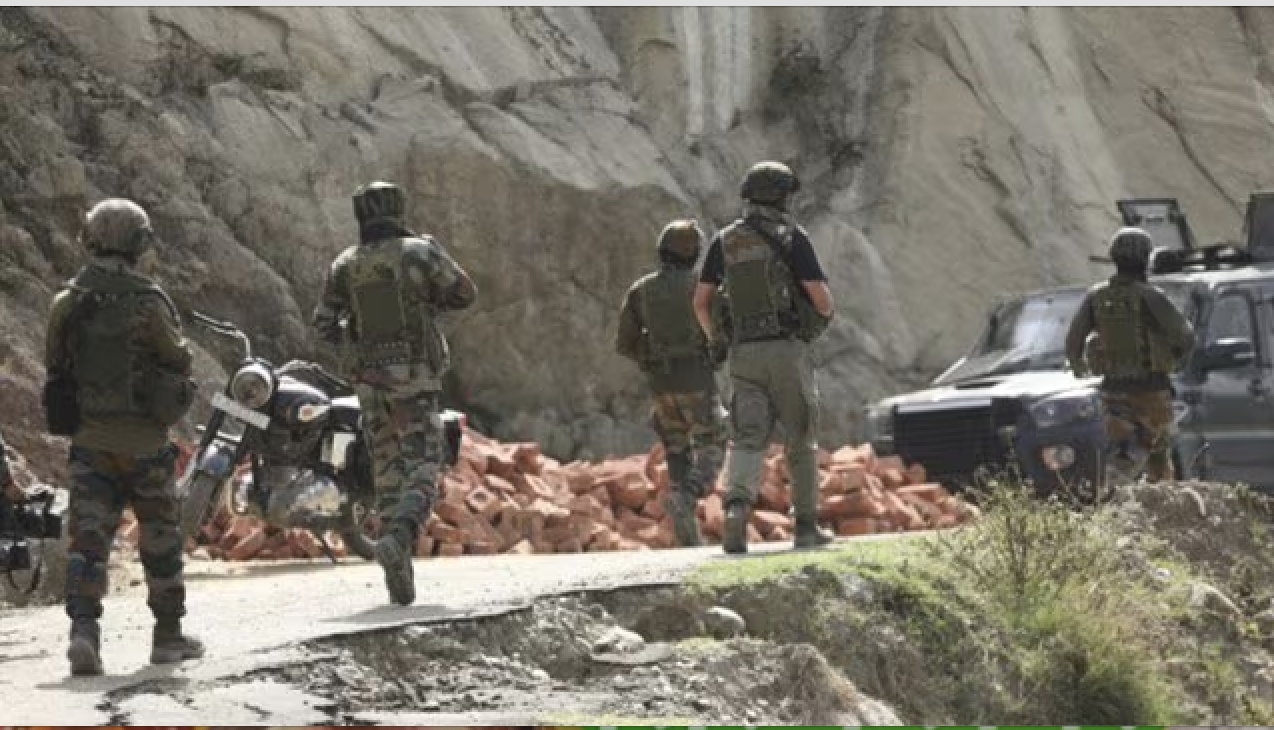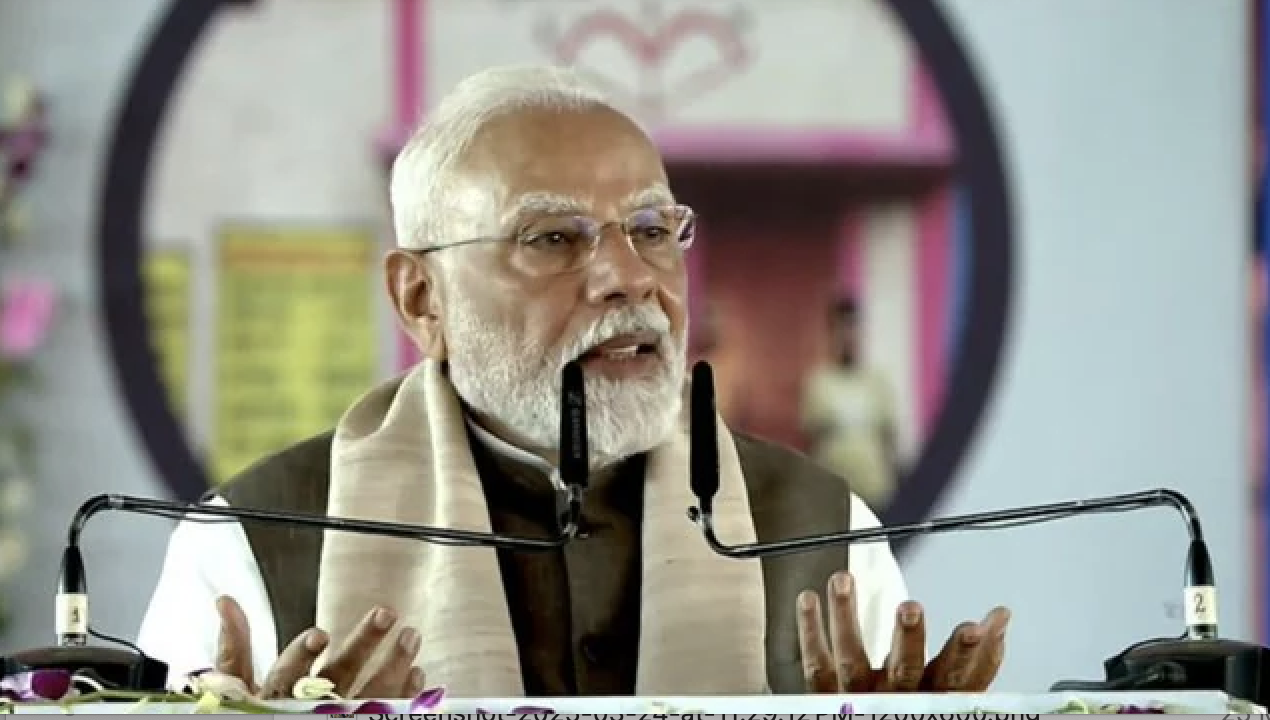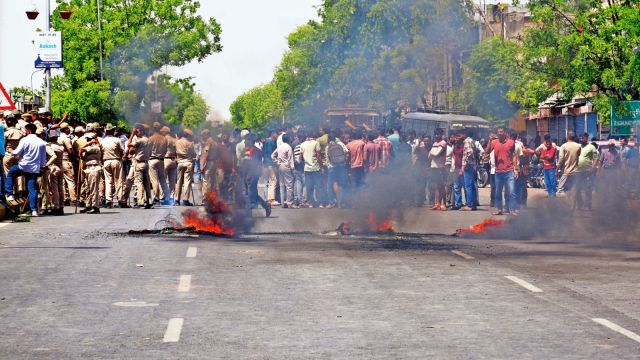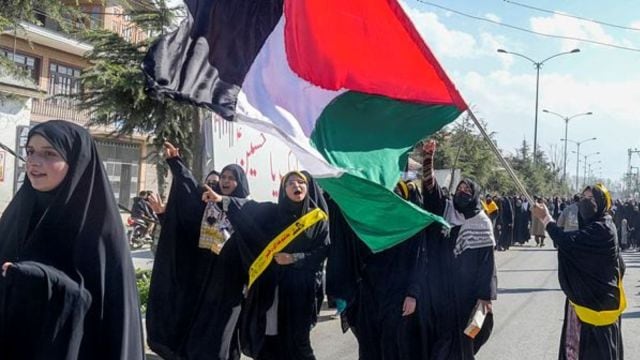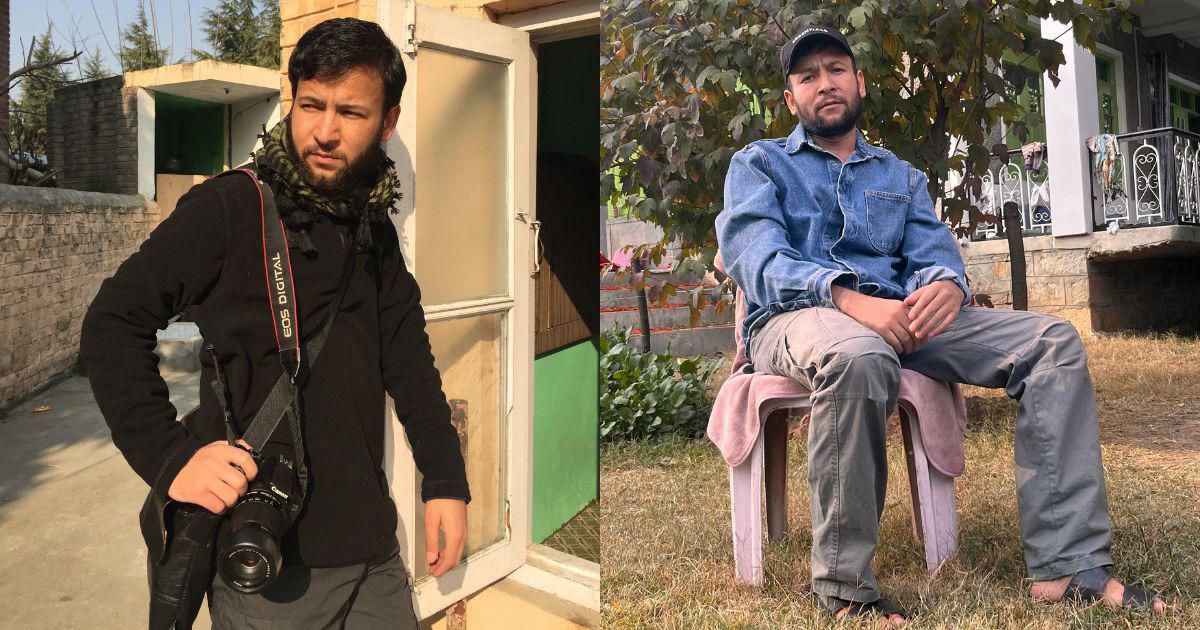
Zakir Hussain and Mahesh Kumar Chaudhary are childhood friends. Now in their forties, they are still close. Zakir lives in Ajna village and works as a construction contractor in Pakur where Mahesh also runs a small restaurant in the town.
“Pakur [district] is a very peaceful place; there’s harmony among people here,” says Mahesh.
“It’s the people coming from outside, like Himanta Biswa Sarma, [Chief Minister of Assam] who are inciting people with their speeches,” adds Zakir, sitting next to his friend.
A part of the Santhal Pargana region, Pakur lies in the eastern corner of Jharkhand which goes to the state assembly polls on November 20, 2024. A total of 81 seats are up for grabs. In the last polls in 2019, the Jharkhand Mukti Morcha (JMM)-led alliance had ousted the BJP.
In a bid to wrest power back, the BJP has sent the CM of Assam among others to woo voters. BJP leaders have whipped up anger against the Muslim communities, labelling them ‘infiltrators from Bangladesh’.
“Hindus live next door to me; they come to my house, and I go to theirs,” Zakir continues, “it is only during elections that the Hindu-Muslim issue always comes up. How else will they [BJP] win?”
At a rally in Jamshedpur in September, 2024, Prime Minister Narendra Modi lent his political weight to the issues of infiltration. “In Santhal Pargana [region], the Adivasi population is rapidly decreasing. Lands are being seized. Infiltrators are occupying positions in panchayats,” he said to the crowd.
This story was originally published in ruralindiaonline.org. Read the full story here.


